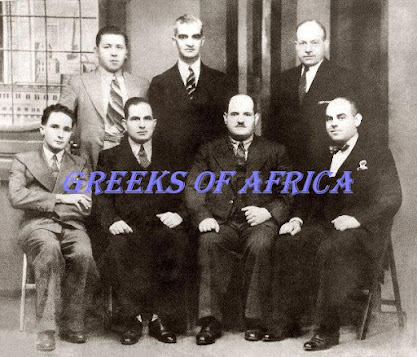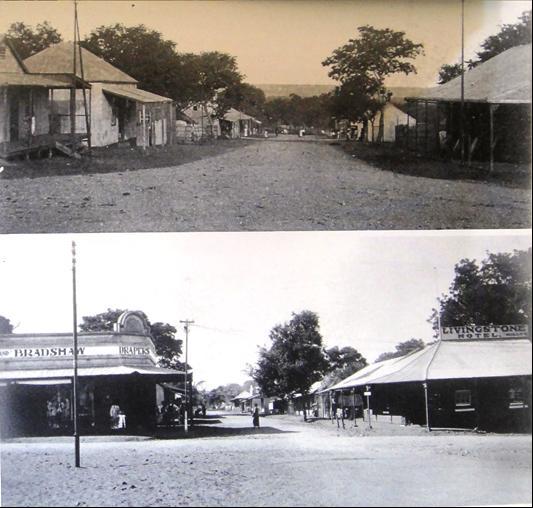(Excerpt from the book ‘The Hellenism in Morocco’)
Ionas Perdikaris was born in Athens in 1840. He was the son of Gregory Perdikaris, the then US Consul in Greece. At the age of 2 he travelled with his parents to the USA. In 1862 he left the USA, renounced his American citizenship and settled in Greece where he became a Greek citizen. Later, during a trip to Morocco, he decided to move there and built a luxury villa in the city of Tangier, where there has been a community of European and American artists. On May 18th, 1904, Ionas Perdikaris, along with his adopted son, was abducted by the Moroccan robber Raisuli. In fact, according to his description, on the first day of his captivity he was forced to ride for more than 18 hours. The incident sparked a dispute between the United States and Morocco. The US President, Theodore Roosevelt sent an ultimatum to the Sultan of Morocco saying: "The US government demands that either Perdikaris return alive or Raisuli will be killed ". The American President either did not know that Perdikaris was not an American citizen, or wanted to get advantage of this fact because of the upcoming elections. For that reason he sent US navy to the coast of Morocco and threatened the kidnapper with death. Eventually, Raisuli received the $ 70,000 ransom he had demanded from Perdikaris' family and released him and his son on June 23rd, 1904.
This fact later became a Hollywood movie with Sean Connery!







